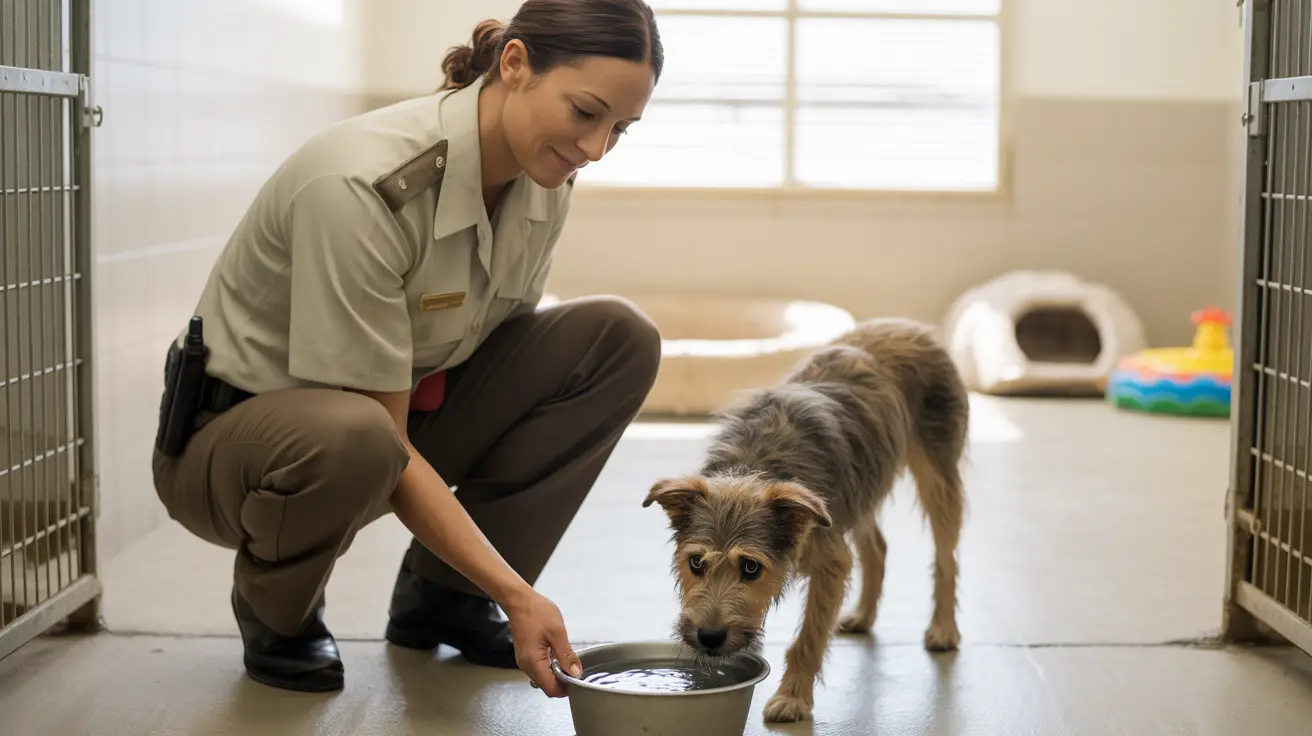Foaming at the Mouth in Pets: Causes, Symptoms, and What to Do
When a pet begins foaming at the mouth, it can be alarming for any owner. This dramatic symptom often points to an underlying medical issue that requires immediate attention. Understanding the potential causes and how to respond can help ensure the health and safety of your pet.
What Causes Foaming at the Mouth?
There are a number of medical conditions and other factors that can cause animals—especially dogs and cats—to foam at the mouth. Here are the most common ones:
- Seizures: Pets experiencing a seizure may foam at the mouth due to excessive saliva production and lack of muscle control in the jaws.
- Poisoning: Exposure to toxic substances such as pesticides, cleaning agents, or certain plants can result in excessive drooling or foaming.
- Rabies: A rare but serious condition, rabies is known for neurological symptoms including aggression, paralysis, and foaming at the mouth.
- Oral irritation: Dental disease, mouth injuries, or chewing on irritating substances can cause excessive salivation and foam.
- Nausea or upset stomach: If a pet is nauseated or about to vomit, foaming may occur as a reaction.
- Medications or anesthesia: Some medications can cause salivation and foaming as a side effect.
Distinguishing Foam from Drool
It's important to recognize the difference between simple drooling and true foaming:
- Drool: Typically clear and stringy, especially in breeds like Saint Bernards.
- Foam: Thicker, bubbly, often white and persistent, indicating a possible reaction or seizure.
Symptoms That Might Accompany Foaming
Pay attention to additional symptoms that could signal medical emergencies:
- Muscle tremors or stiffness
- Disorientation or behavioral changes
- Vomiting or diarrhea
- Loss of consciousness
- Difficulty breathing
Immediate Actions to Take
If your pet is foaming at the mouth:
- Stay calm: Approach your pet gently to avoid startling them—especially during a seizure.
- Check their surroundings: Identify any potential toxins or items they may have ingested.
- Protect your pet from injury: During a seizure, make sure they don't harm themselves on furniture or edges.
- Call your vet immediately: Describe the duration, symptoms, and behavior to your veterinarian.
- Do not offer food or medication: Until advised by a vet, giving anything orally can worsen the situation.
Veterinary Diagnosis and Treatment
Your vet may perform a series of tests to determine the cause:
- Bloodwork: To identify toxins or infections.
- Neurological exams: To check for seizure activity or neurological deficits.
- Imaging: X-rays or MRI scans may be used to rule out brain abnormalities.
Treatment will vary depending on the diagnosis. For seizures, anticonvulsants may be prescribed. In cases of poisoning, detoxification and supportive care will follow. For rabies, prevention via vaccination is critical, as rabies is fatal once symptoms appear.
Prevention and Safety Tips
While not all causes of foaming can be prevented, steps can be taken to reduce the risk:
- Keep toxins locked away: Store pesticides, medications, and cleaning products safely.
- Supervise outdoor time: Prevent ingestion of foreign substances or plants.
- Schedule regular veterinary visits: Early detection of illnesses can prevent severe reactions.
- Ensure vaccinations are up to date: Especially rabies and other communicable diseases.
When to Seek Emergency Help
Contact an emergency vet immediately if your pet:
- Has a seizure lasting longer than 5 minutes
- Shows signs of poisoning
- Foams at the mouth with vomiting or collapse
- Exhibits aggression or extreme lethargy
Conclusion
Foaming at the mouth is a serious symptom that should never be ignored. It signals an urgent health issue, ranging from neurological conditions to toxic exposure. With prompt veterinary care and awareness, many of the underlying causes can be effectively treated or managed. Pet safety and health greatly benefit from early detection and a proactive approach to care.





